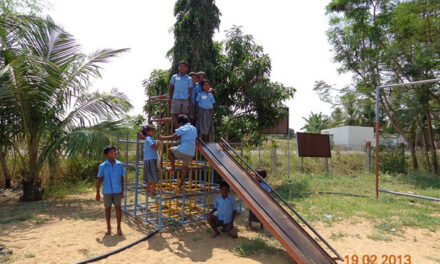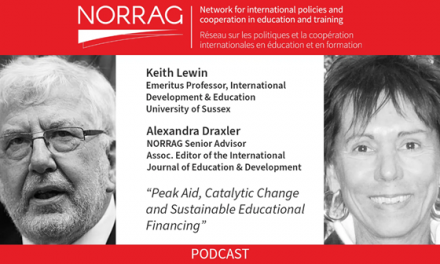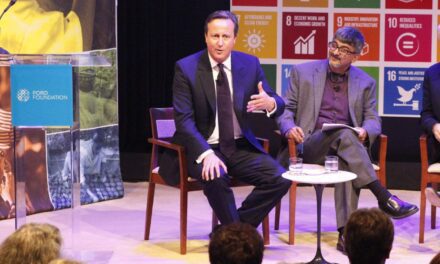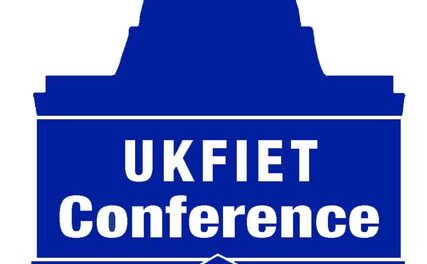This article was written by Dr Ruth Naylor, Senior International Consultant with Education Development Trust and Conference Chair for UKFIET 2021. Here, she reflects on the upcoming September 2021 conference theme and her hopes for the discussions and outcomes of the event.
A lot of debate goes into the crafting of every UKFIET conference title, but in the case of the UKFIET 2021 conference in September, it was the question mark that was most contentious. ‘Building back better’ has been a common meme among the education in emergencies community for decades. In the context of Covid-19, with most of the world experiencing an emergency, it has been taken up as a rallying call of many working in education and training, in high- and low-income contexts alike. One can’t disagree with the sentiment and aim…so why choose to follow it up with a question mark?
Advocacy needs certainty, and that requires a full stop, or even an exclamation mark to move it from an aspiration to an imperative. But if the UKFIET conference was turned into platform for advocating for more and smarter investment in rebuilding education we would simply be preaching to the converted. Among the UKFIET community, I doubt that there are any who would contest the need to build back better. But there will be many, like myself, who question whether it can happen in reality.
- Can we really build back better in the face of shrinking domestic and aid budgets?
- Can we really build back equitably – narrowing the learning gaps that have widened as a result of school closures?
- Can education leaders and teachers really be expected to ‘teach back better’ and radically change how they deliver education, when so much of their time, resources and energy is focused on ensuring social distancing and hand sanitising?
In the wake of recent revelations of the drastic cuts in UK aid to education, including to the ‘priority area’ of girls’ education, it is hard to envision just how we can build back better without sufficient investment in understanding what works, and support to low-income countries to deliver it at scale.
The other contested part of the conference title was ‘redistributing’. Again, this was partly grammatical: does it refer to redistribution of, in or through education or training? I suggest we embrace the ambiguity, but acknowledge the challenge that the term brings. The UKFIET community, by its very nature, comprises of educated elites. It is much more comfortable for us to talk about ‘equity’ and the right for everyone to receive a quality education, than to talk about ‘redistribution’. Redistribution acknowledges that global investment in education is limited, and likely to shrink in absolute terms as an outcome of the pandemic. Investing more in the education and training of those furthest behind must, at some level, means investing less in the education and training of elites, like ourselves.
Neither are the world’s natural resources a bottomless pot. As we move towards quality education and training for all, leading to better work and livelihoods for all, global consumption patterns will change. Unless high-level consumers like ourselves reduce our consumption and carbon emissions, the world will not be enough. Equity requires redistribution, and we don’t like talking about it when in means sacrificing our own privilege and advantage.
My hope for the 2021 UKFIET conference is that it will inspire us all to work towards building back better in education and training, and to share innovative ways of how this might be done. But also to challenge each other honestly on the barriers that need to be overcome, and difficult choices and trade-offs that need to be made in order to reach this goal.
See also, Yvette Hutchinson, UKFIET Conference Diversity and Inclusion Officer’s blog about including diversity in the conference criteria: Parental Advisory: Contains explicit expectations. Working together for transformation at the UKFIET conference





